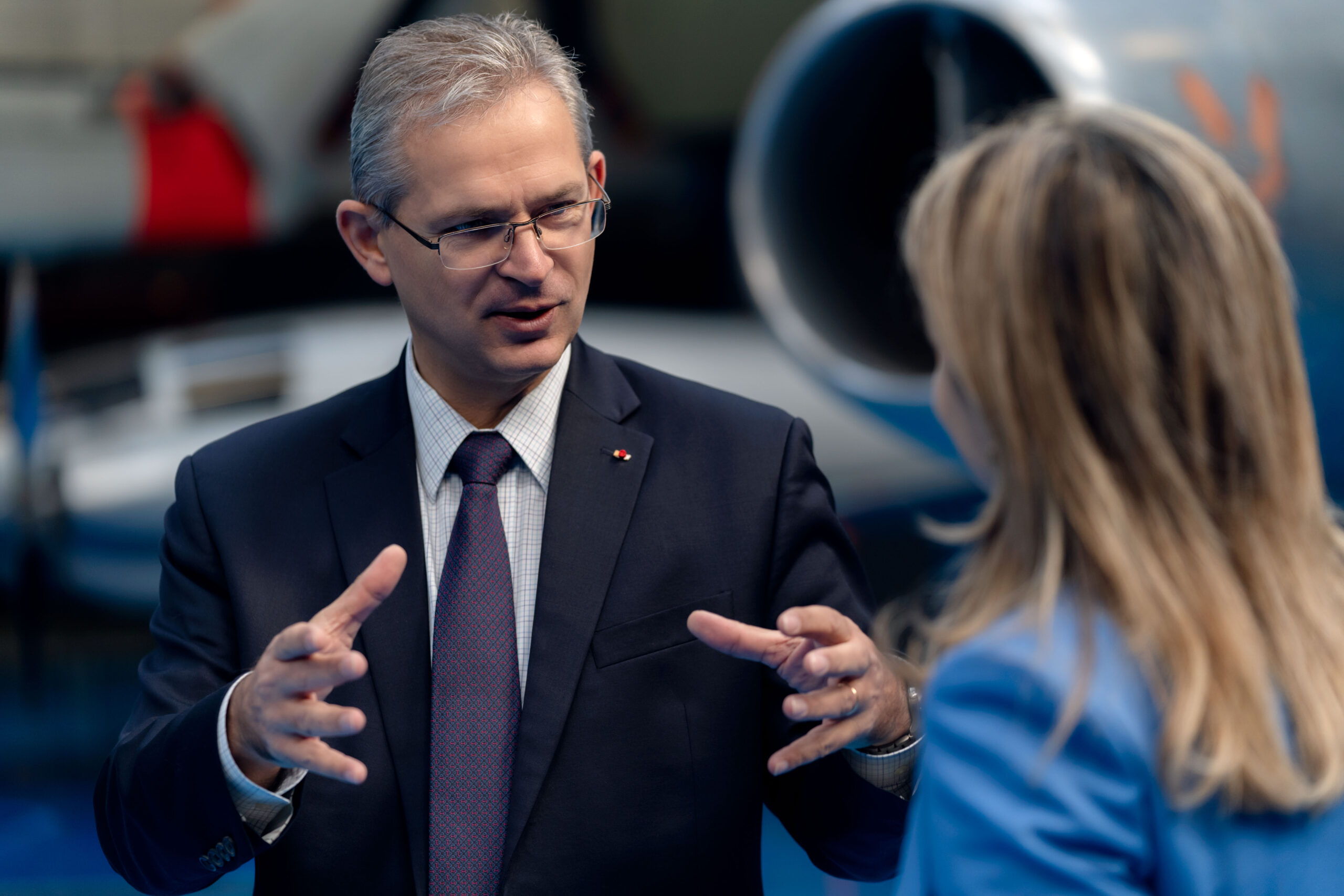 Aerospace and Defense Actors
Aerospace and Defense ActorsToday’s world is undergoing a major transformation, characterized by increased globalization, fundamental shifts in economic and political power, growing global environmental problems, and potentially explosive social and geopolitical conflicts.
December 7, 2018
Today’s world is undergoing a major transformation, characterized by increased globalization, fundamental shifts in economic and political power, growing global environmental problems, and potentially explosive social and geopolitical conflicts.
Over the last few decades, we have lived in a complicated world. In the future, things are set to become even more complex.
The economic, social, technological, and environmental systems that feature at the heart of everyday contemporary life are becoming increasingly interconnected and interdependent. We are hurtling rapidly to a world replete with parameters that we are unable to assert full control over.
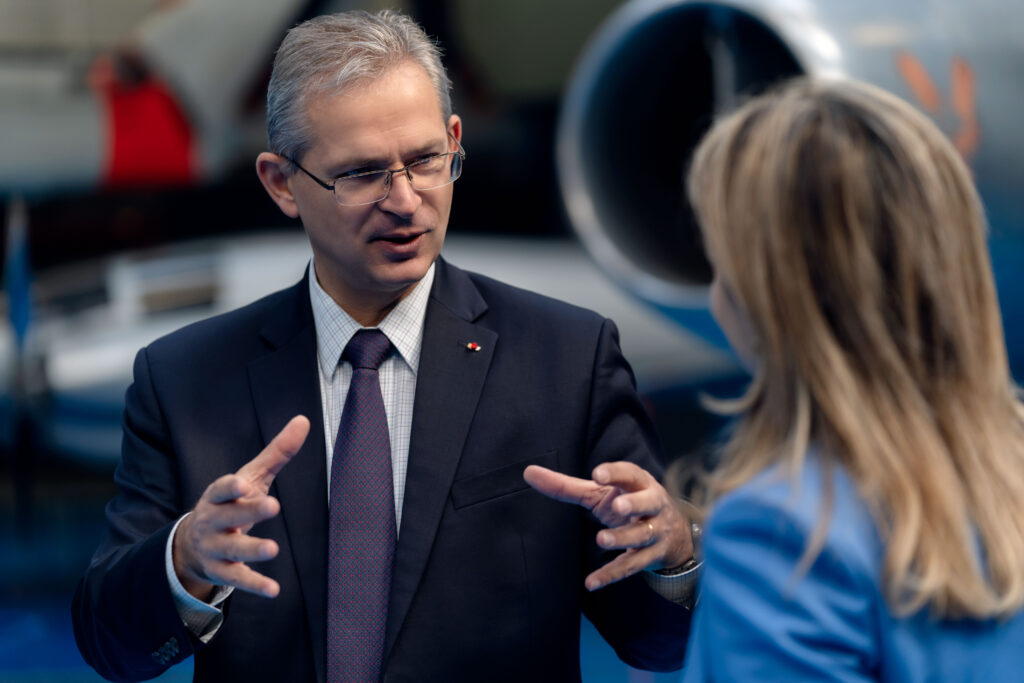
Identifying what developments are suitable for the progress of humanity relies heavily on the transformation we make and how those transformations are engendered.
Regardless, what is clear is this: Any guise of transformation is not possible without taking some form of risk.
For this post, I had the privilege and great honor of meeting and interviewing General Denis MERCIER, Supreme Allied Commander for NATO Transformation (2015-2018). NATO is a large international security organization formed of 29 allies and many innovative partners. Based in the United States, General Denis MERCIER has successfully forged a complementary vision of the future based on his in-depth understanding of how the issues that plague humanity in the 21st century affect both state and non-state organizations, public and private, in Europe and America.
Between 2012 and 2015, General Denis MERCIER was also the Chief of Staff of the Air Force, within which capacity he held ultimate responsibility for 48,000 men and women, including 5,500 civilian personnel, and more than 500 aircraft.
General Denis MERCIER is a highly composed, articulate, and confident individual. His meticulously chosen words conveyed the sentiment of a man who has committed his life to much more than progressing his career to the upper echelons of leadership; he has devoted his time and effort to his country and humanity as a whole. Throughout my conversation with General Denis MERCIER, I was fascinated by his simplicity and extraordinary intelligence and deeply inspired by the respect he has for his years of service.
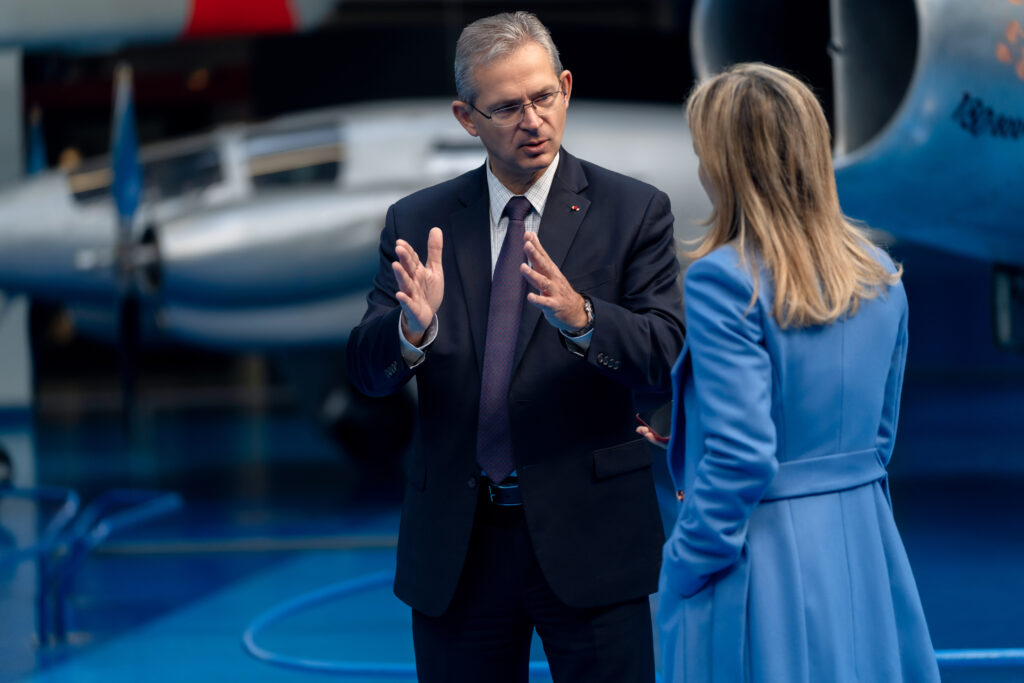
However, what touched me the most during our conversation was his great concern for humanity and his commitment to ongoing efforts to facilitate the transformation required for man to manage the complexity of the modern world.
Why does humanity need to continue to take risks if we have already succeeded and advanced so much in so many different sectors? We are more connected than our ancestors were and have access to vast amounts of information at our fingertips. Why do we aspire for more?
In our military training and services, we develop the fundamental knowledge and behaviors that we need to operate effectively and ethically, such as tradition, values, and codes of conduct. We are consistently questioned about our choices, and our motivation is continually put to the test.
We are also reminded that being committed to the cause may mean that one day our names will feature on a wall that lists those who have fallen in the line of duty in the process of defending our country against the enemy.
We accept the risk in the name of our nation's security.
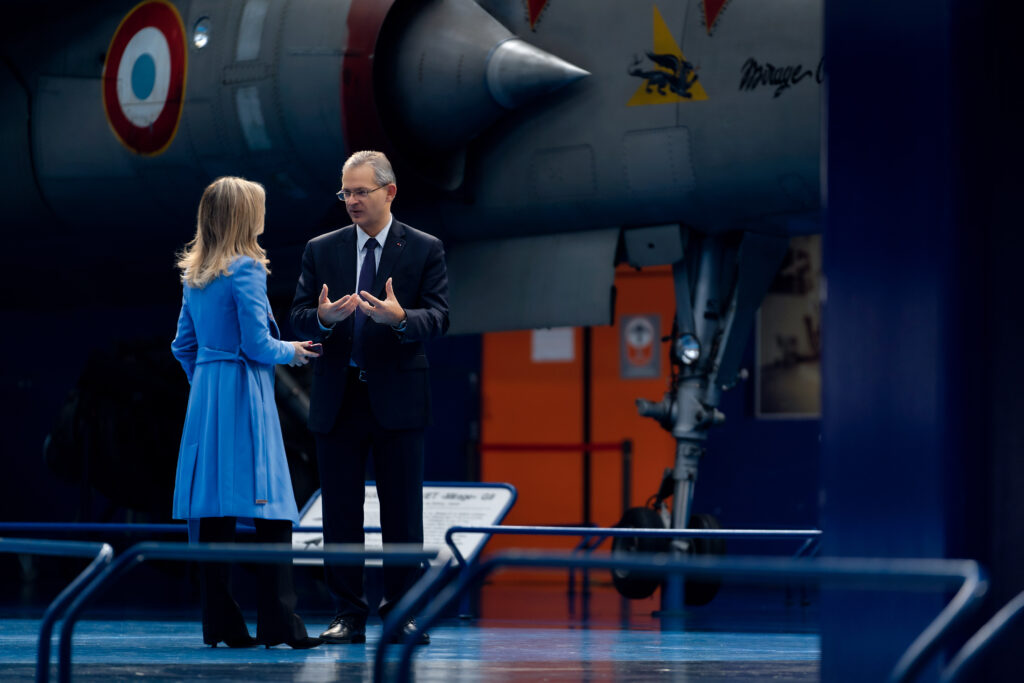
In today’s complex world, our enemies are very difficult to identify and pinpoint. We no longer declare an entire nation an enemy on the basis its leaders have broken an international agreement. We need to continue to work with one another to overcome our differences.
Technological breakthroughs have given the world more power; today, we have the expertise at our fingertips to transform ideas scribbled on paper into products that made our day-to-day lives easier. However, technology has also brought with it many disadvantages, and humanity was not prepared for the ramifications of developing highly integrated systems.
The world has changed, and with these changes the need to transform on all levels has arisen; but how can we find the solution or at least manage this challenge in a way that we can coordinate and prepare humanity for the challenges that lay ahead?
In my military training, soldiers learned many important lessons and skills to enhance their performance. However, there is one thing that we need to learn above all else: We can’t get anywhere alone.
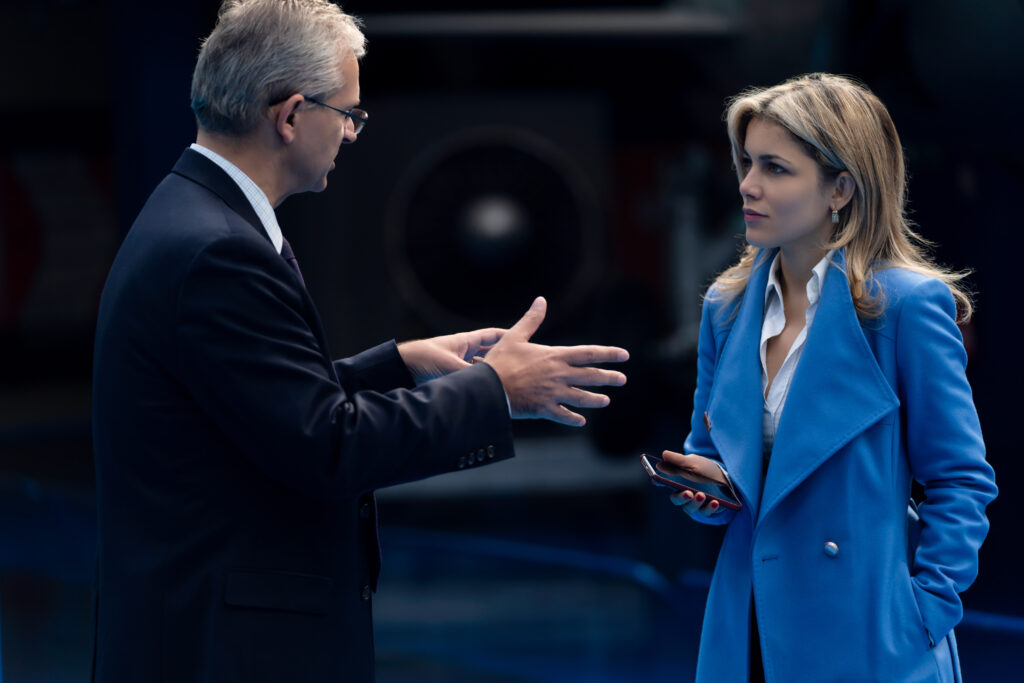
Is time to recognize that the ‘transmission’ or lecture model is highly ineffective in our quest to acquire the competencies needed to be successful in the twenty-first century.
There is broad agreement that the leaders of the future need to demonstrate critical thinking, communication, innovation, problem solving, negotiation, and collaboration skills. However, formal education absolutely must extend far beyond this; new forms of learning are required to tackle complex global challenges.
People need more personalized formative training because successfully dealing with the complexity of today requires individuals to understand, foster, and harness their talents.
There is no single proven way to address the complex problems society is encountering in the contemporary era.
We need to focus on developing a mutual understanding by which we recognize where approaches overlap and where actors simply need to "agree to disagree." This holds the key to delivering practical improvements in the way in which efforts are integrated across sectors.
Appreciating the fact that there are multiples points of view and methods represents the first step to achieving a viable synthesis.
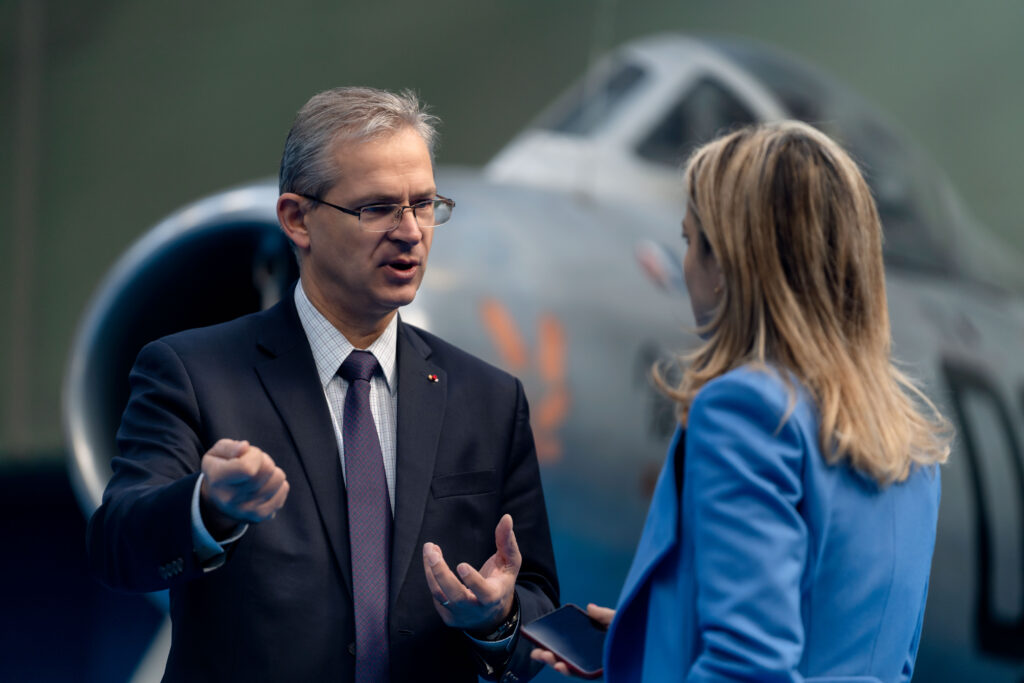
Most of the time, we are judged by our results in tests or diplomas. We often fail to achieve our full potential in these scenarios because we are put under pressure and are not provided with the conditions we need to achieve the best possible result for us on a personal level.
We need to engage in a pre-orientation stage by which we better identify people’s individual qualities and the functions to which they are best suited. This will enable us to extract the most value from our skills and capabilities.
We also need to adopt a multidisciplinary approach that involves tapping into the expertise of people from different sectors and specialties to develop a holistic picture.
The need to understand other cultures has never been so high because the management of complexity is not only about what is happening in my country of origin, but what is happening throughout the world as a whole.
Many global problems involve substantial risks and complex uncertainties, which make it challenging to predict the consequences of policies. We need to observe and understand how the changes we make today have the power to influence the development of humanity. It is critical that we understand the evolution of the different sectors.
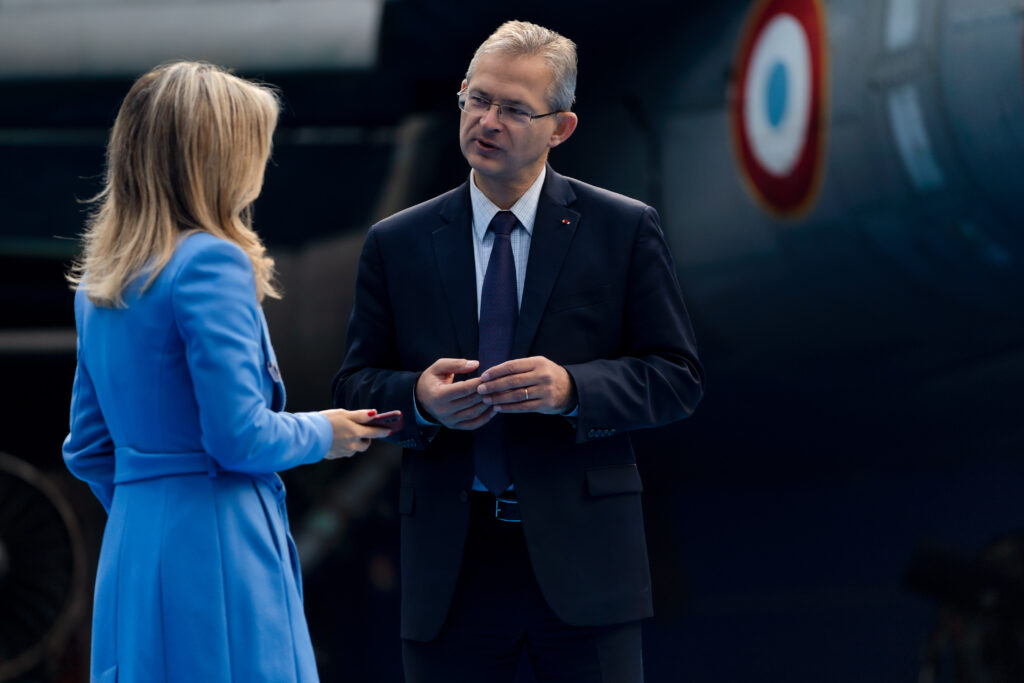
General Denis MERCIER highlighted the importance of developing an understanding of the relationships between different types of capabilities at the strategic and operational levels and how they can be leveraged to achieve crisis management objectives.
By harnessing this understanding in plans, we develop the ability to execute actions that optimally apply to some or all of these capability types and subsequently achieve unexpected results that exceed expectations.
This can serve as a working definition. Under this broad definition, there are several distinct contexts of integration. This type of program was organized to explore the question of what improved integration actually means in a range of contexts including attack and defense, nuclear and conventional, US and allied strategies and capabilities, and hidden and open capabilities—cyberspace and outer space represent crosscutting factors.
Resistance to the new, resistance to the unknown, resistance to the centralization of management systems, resistance to risks… this resistance in its various forms has become our true enemy. Humanity spans different cultures, sectors, and social and economic problems; these are no longer a hypothesis of a study of foresight.
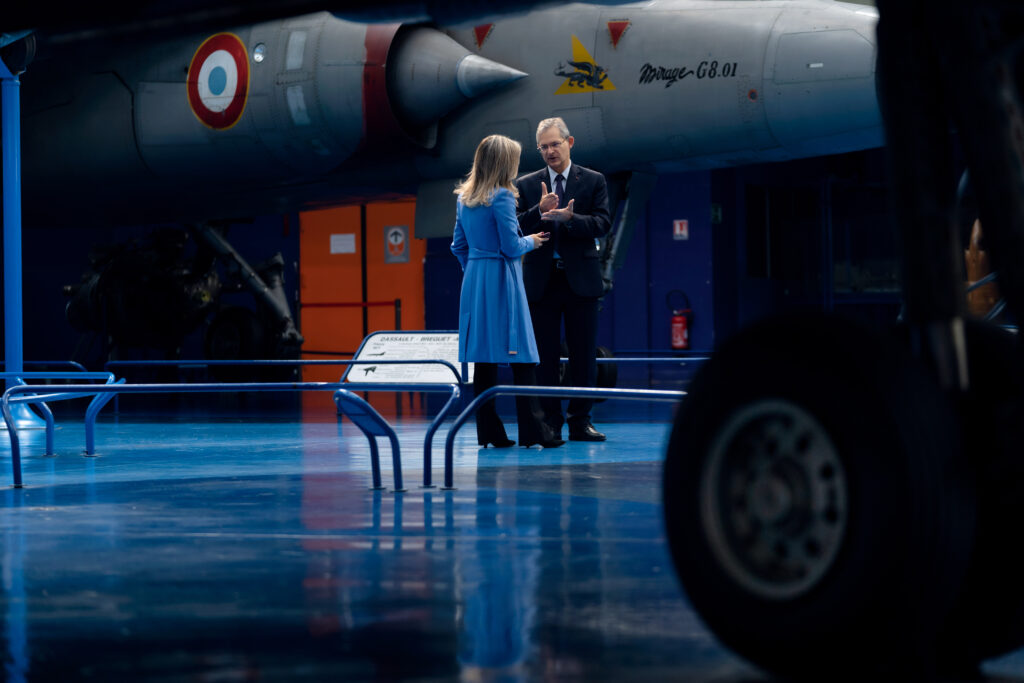
People need to know where to go to have the opportunity to develop their capabilities to create solutions.
There is a need to build a bridge between the civil and military domains and the public and private intersection and the international crossing in the different life paths that exist at an international level.
There is a need to share information as a means of evolving a better understanding of the professional and tactical capacity of a population. This will improve their resilience in the face of a challenge; that is, their ability to deal with crisis smartly, find the strength to persist when faced with challenges, and the understanding of why effort is required to emerge on the other side.
The best way to drive change in operations would be for all public and private institutions to share a common goal and focus their collaborative efforts on reasoning and developing clear solutions and conceptual benefits.
Many interconnected global problems urgently require all sectors of society to work together to develop integrated and sustainable solutions: It is not by directing the human being that we will achieve the best results; rather, it is by guiding them so that they can achieve their best and responsibly contribute to the ongoing transformation.
Cheers!
Ana Paula Araujo Mendes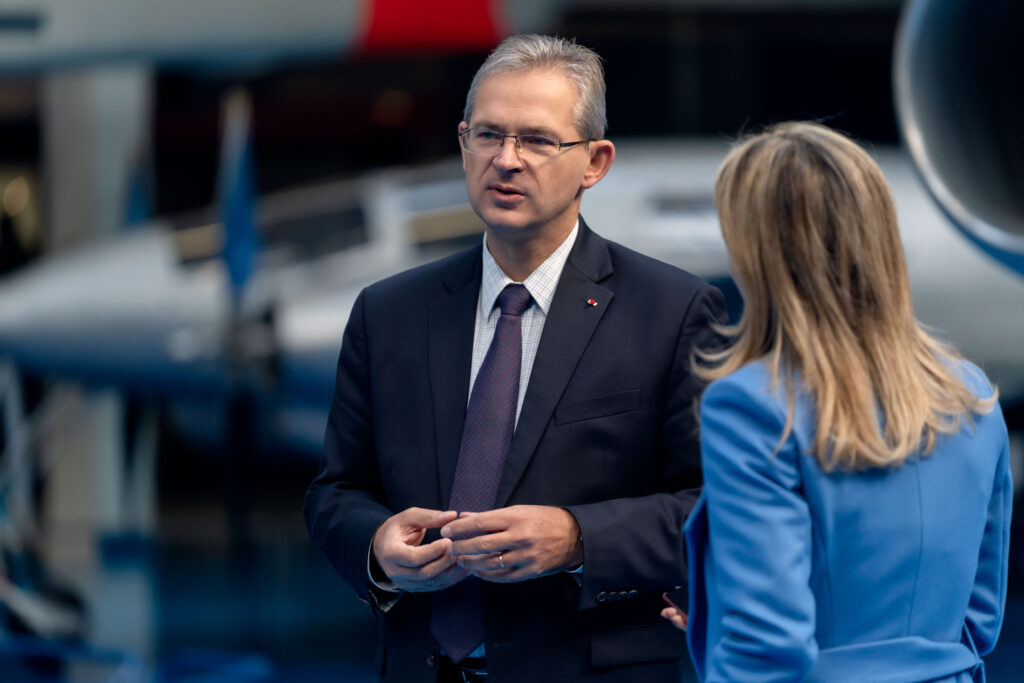
Général Denis MERCIER
Supreme Allied Commander for NATO Transformation - USA
Lead NATO’s military transformation (29 Allied nations) and support to cooperation with Partner nations (42 nations), International Organizations and numerous Think Tanks and academia.
Chief of Staff of the French Air Force, within which capacity he held ultimate responsibility for 48,000 men and women, including 5,500 civilian personnel, and more than 500 aircraft.
Publications
Strategic Foresight Analysis
Analyse des tendances stratégiques à l'horizon 2035 dans les champs politique, humain, économique, environnemental et technologique et leurs conséquences en matière de sécurité.
Development of strategic foresight through long term trends in political, human, economics, environmental and technological domains and their security implications
Les drones aériens : passé, présent et avenir
Analyse de l'évolution des drones et perspectives futures
Analysis of the evolution on Unmanned Aircraft Vehicles and future perspectives
Thank to:
Musée de l’Air et de l’Espace, Aéroport de Paris-Le Bourget
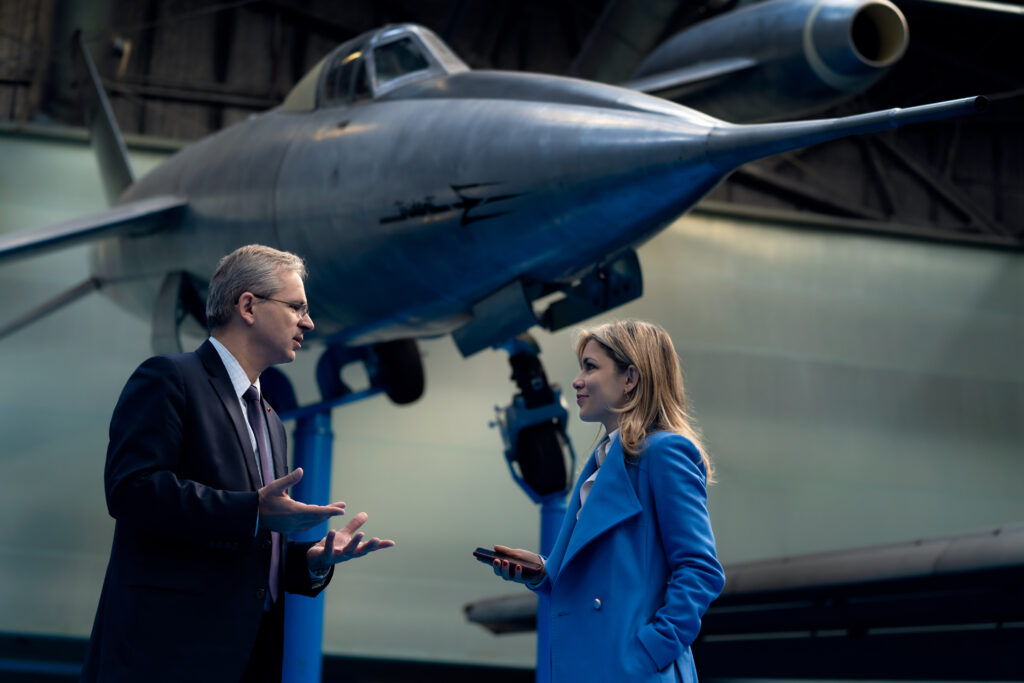
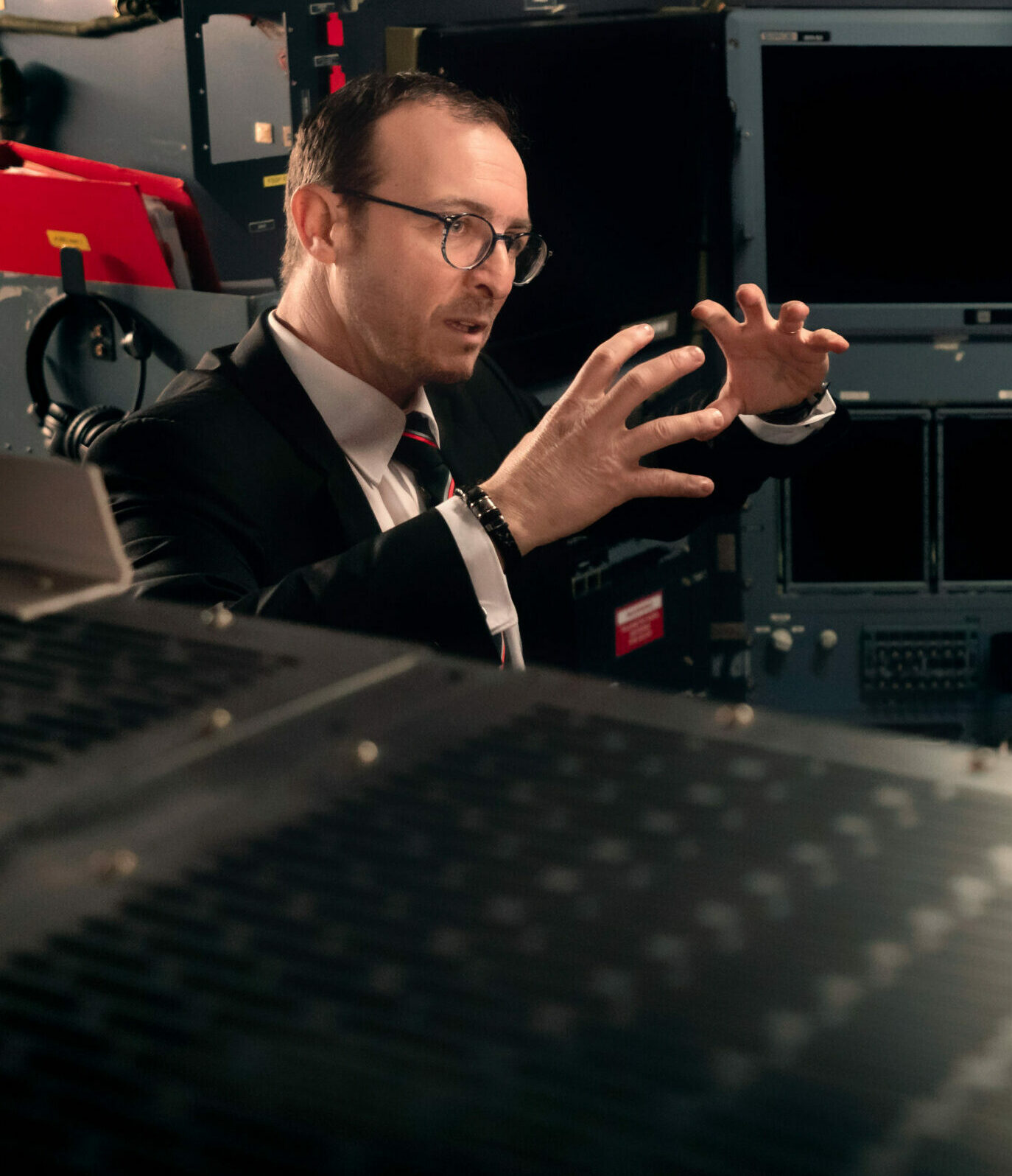
Aerospace and Defense Actors
Dr. Pascal Andrei - Incorporating Competitive Intelligence in a Strategic Vision
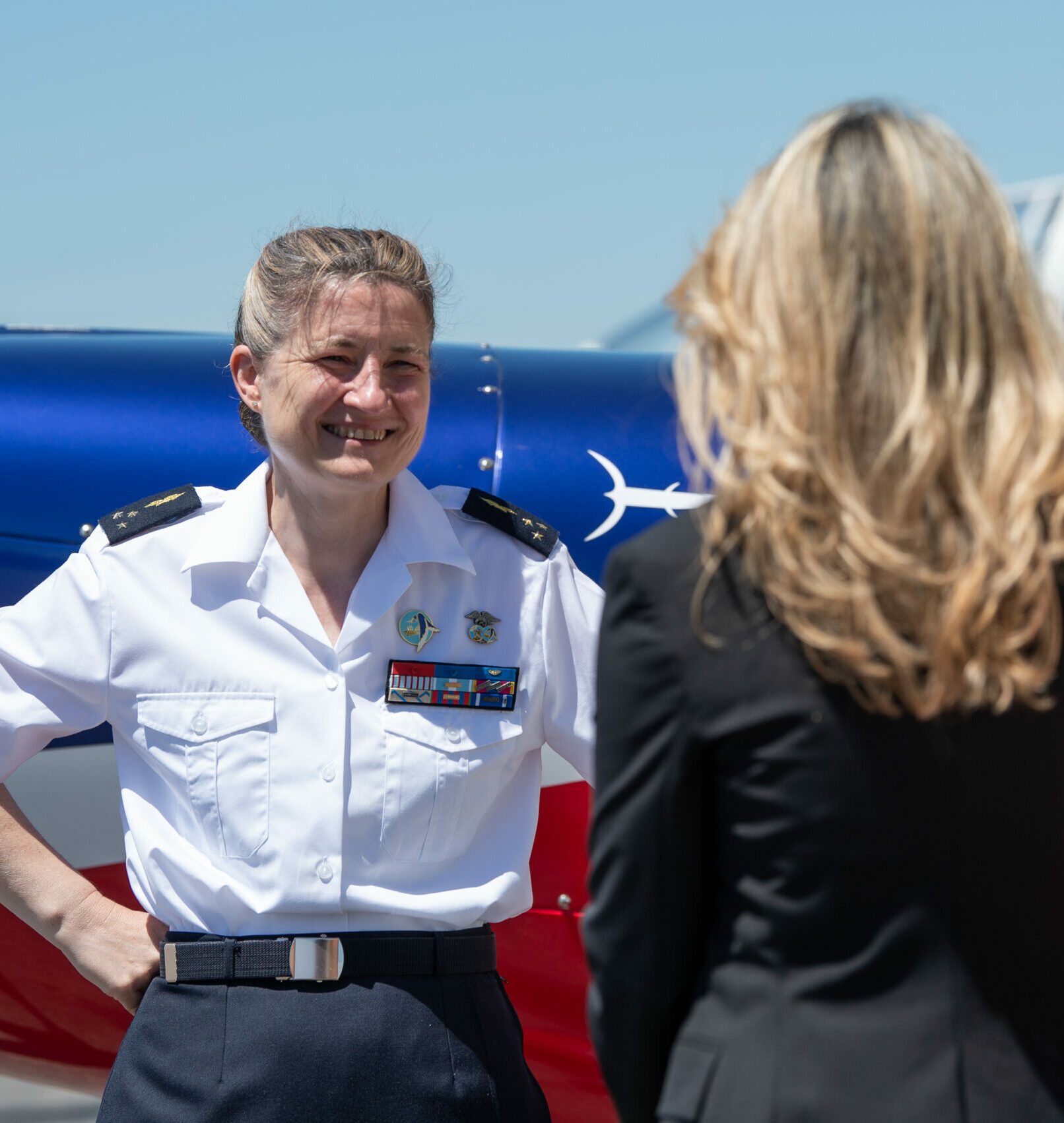
Aerospace and Defense Actors
Major General Dominique Arbiol on Preparing the Next Generation of French Air Force Officers: Building the Right Force for the Future Warfare
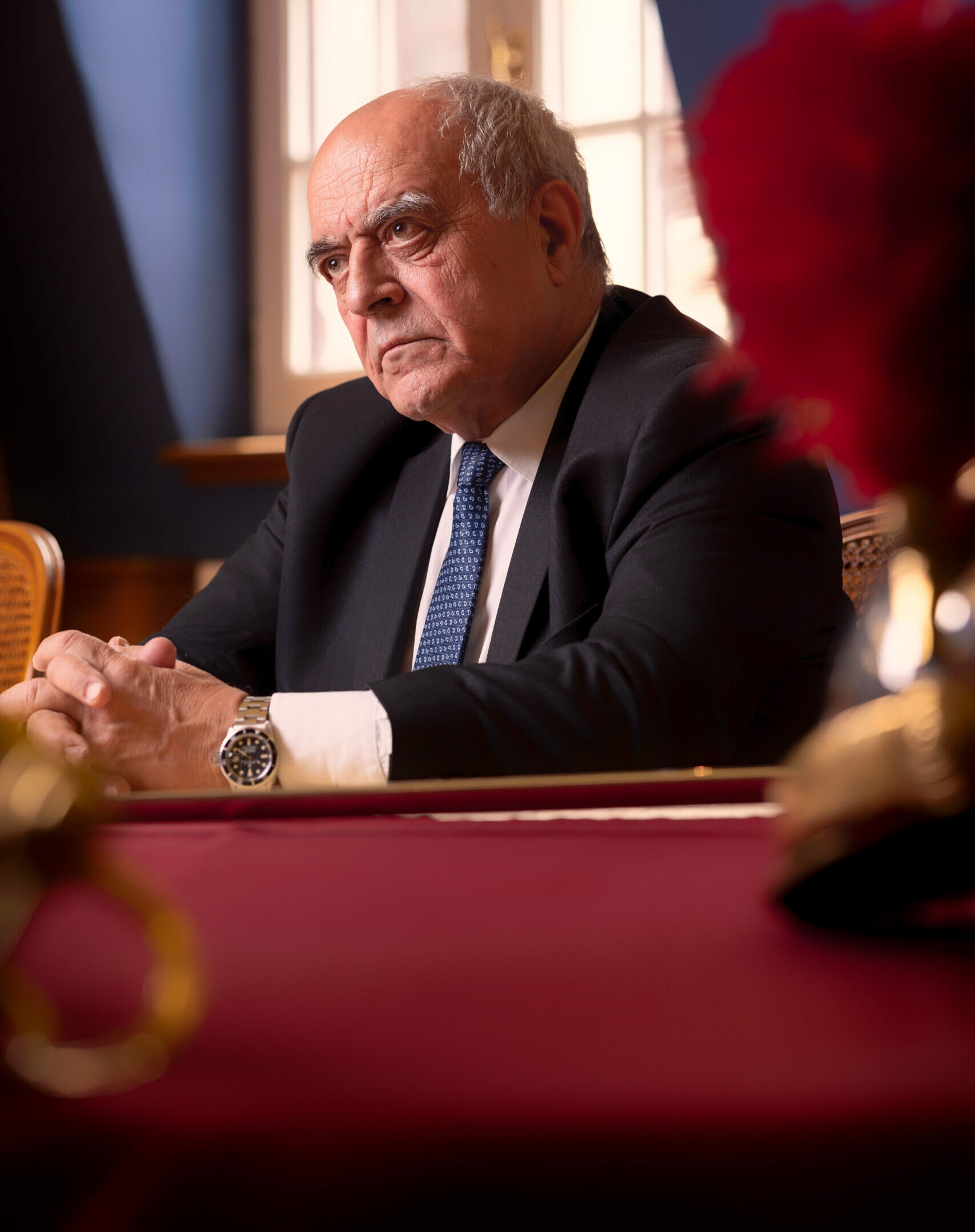
Aerospace and Defense Actors
Alain JUILLET: Competitive Intelligence “Seeking heads”
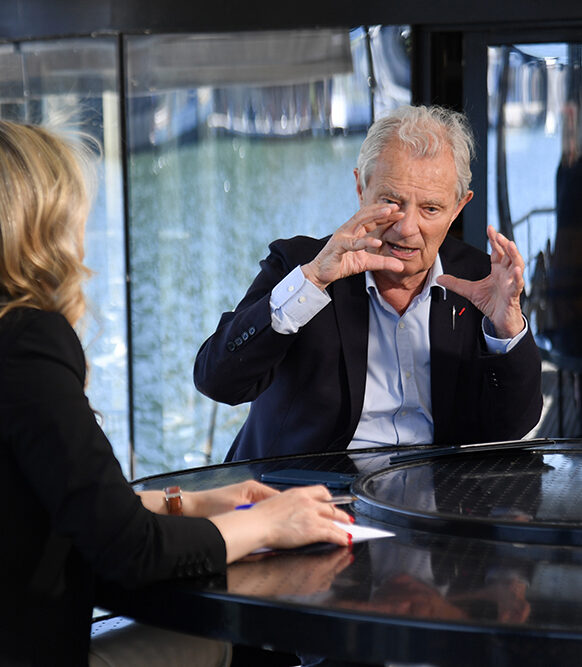
Aerospace and Defense Actors
Jacques Rougerie - Driving Innovation and Solutions to Global Crises
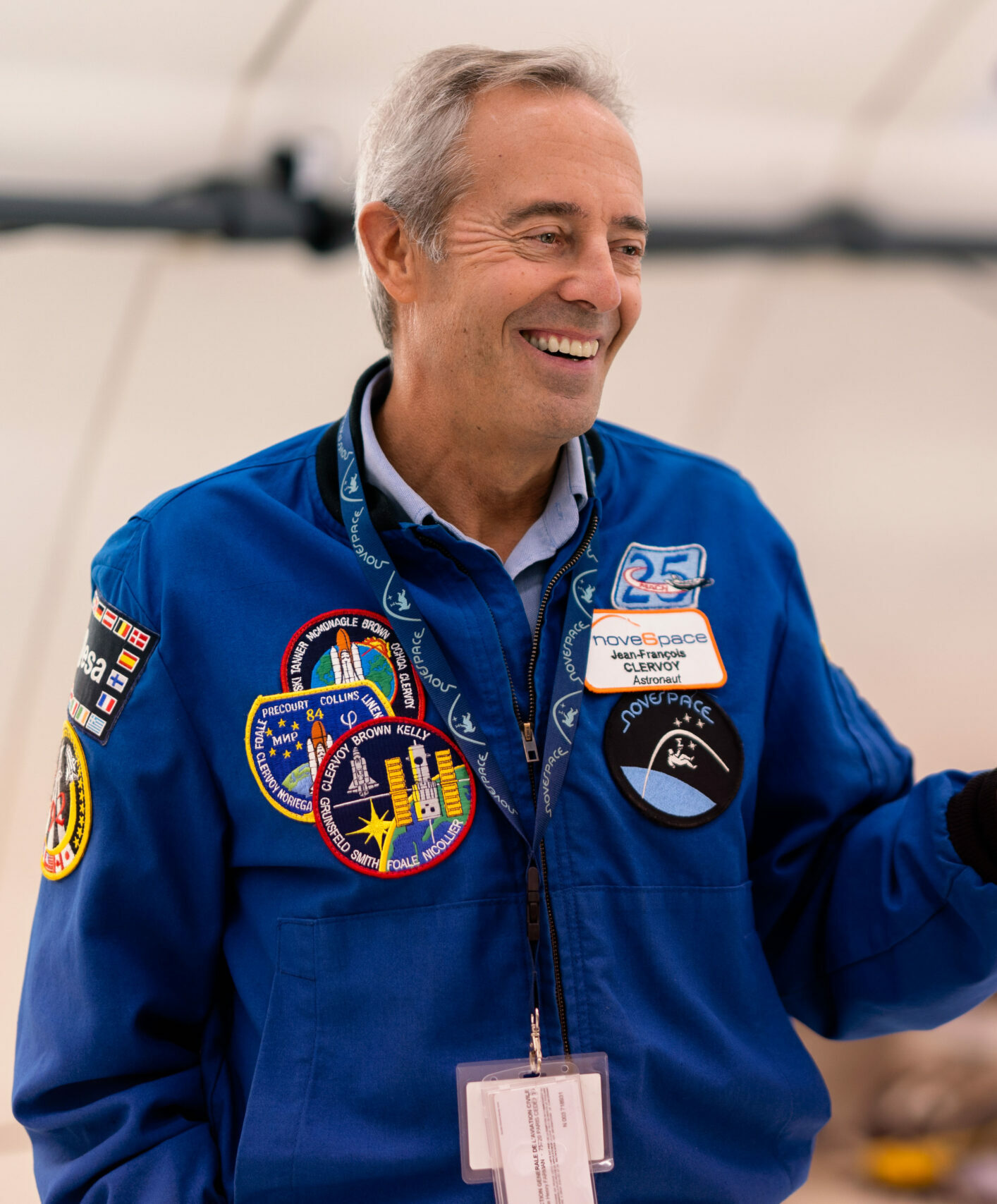
Aerospace and Defense Actors
Astronaut Jean-François Clervoy - Parabolic Flying and The Zero G: How 22 Seconds Can Change the Future of the World
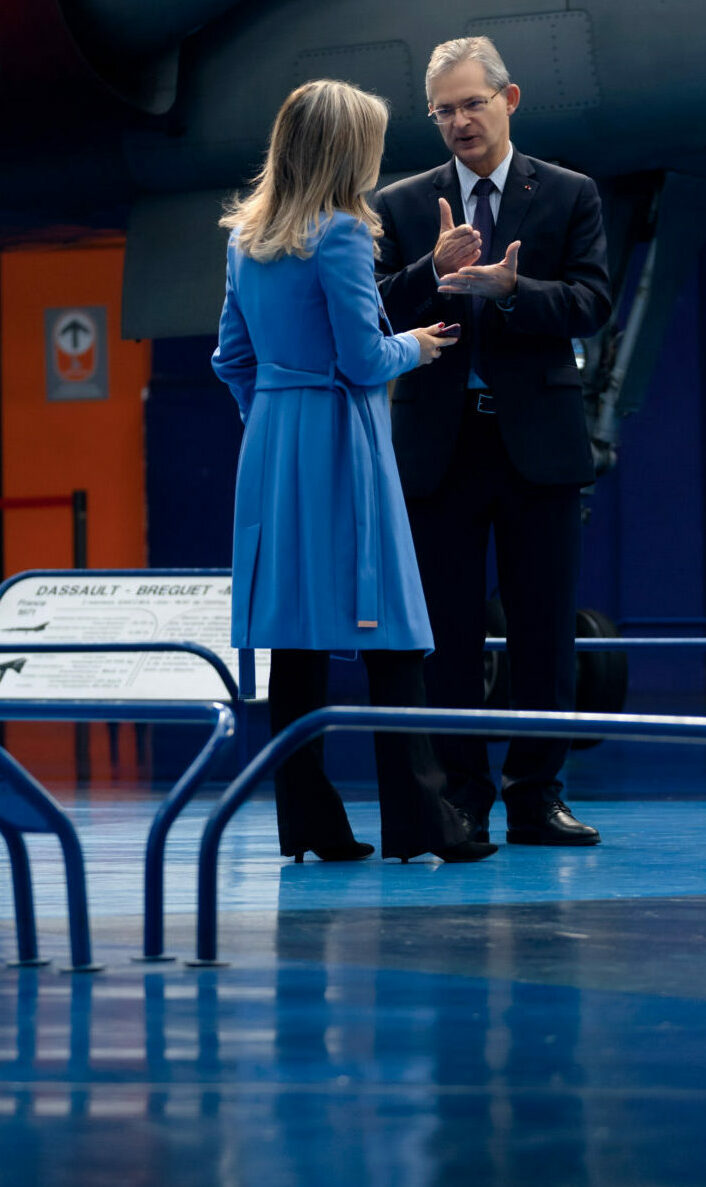
Aerospace and Defense Actors
General Denis MERCIER: Who is our enemy in reality?
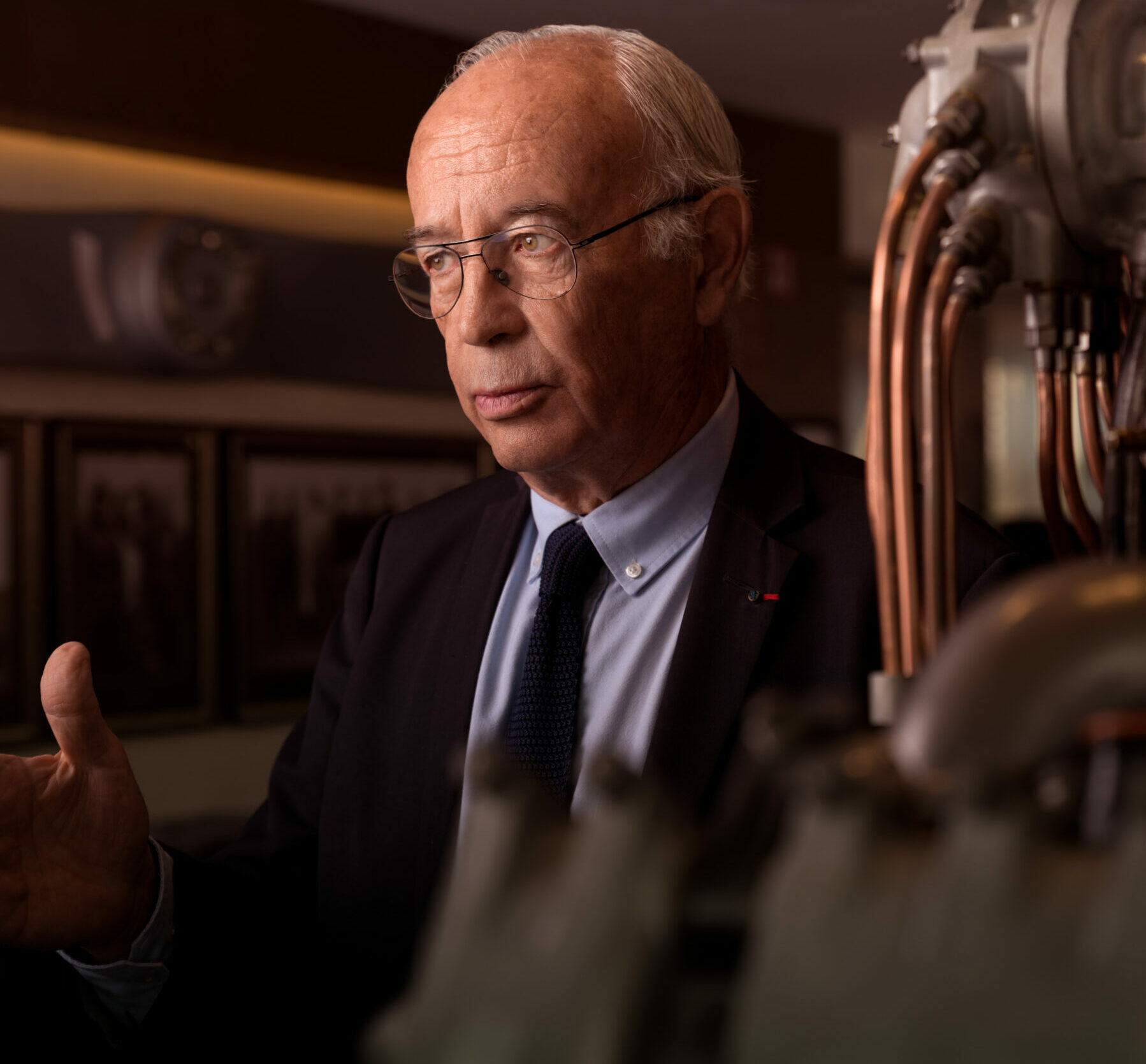
Aerospace and Defense Actors
The Oiseau Blanc: To Those Who Tried and the Ones Who Succeed: The True Passion and Heart of the Pilot
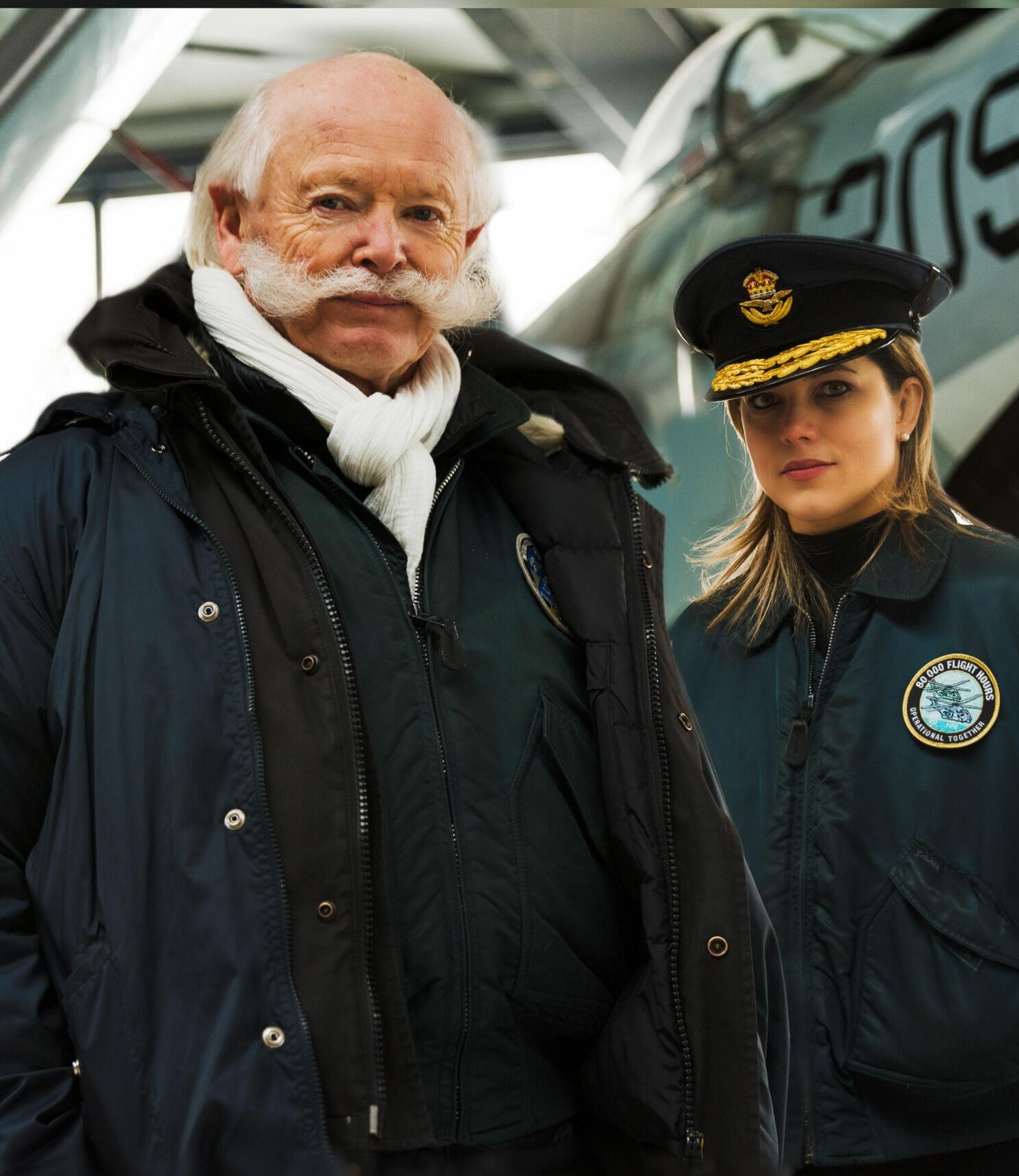
Aerospace and Defense Actors
Jack Krine - Fighter Pilot: Passion and Determination to Lock On to Your Target
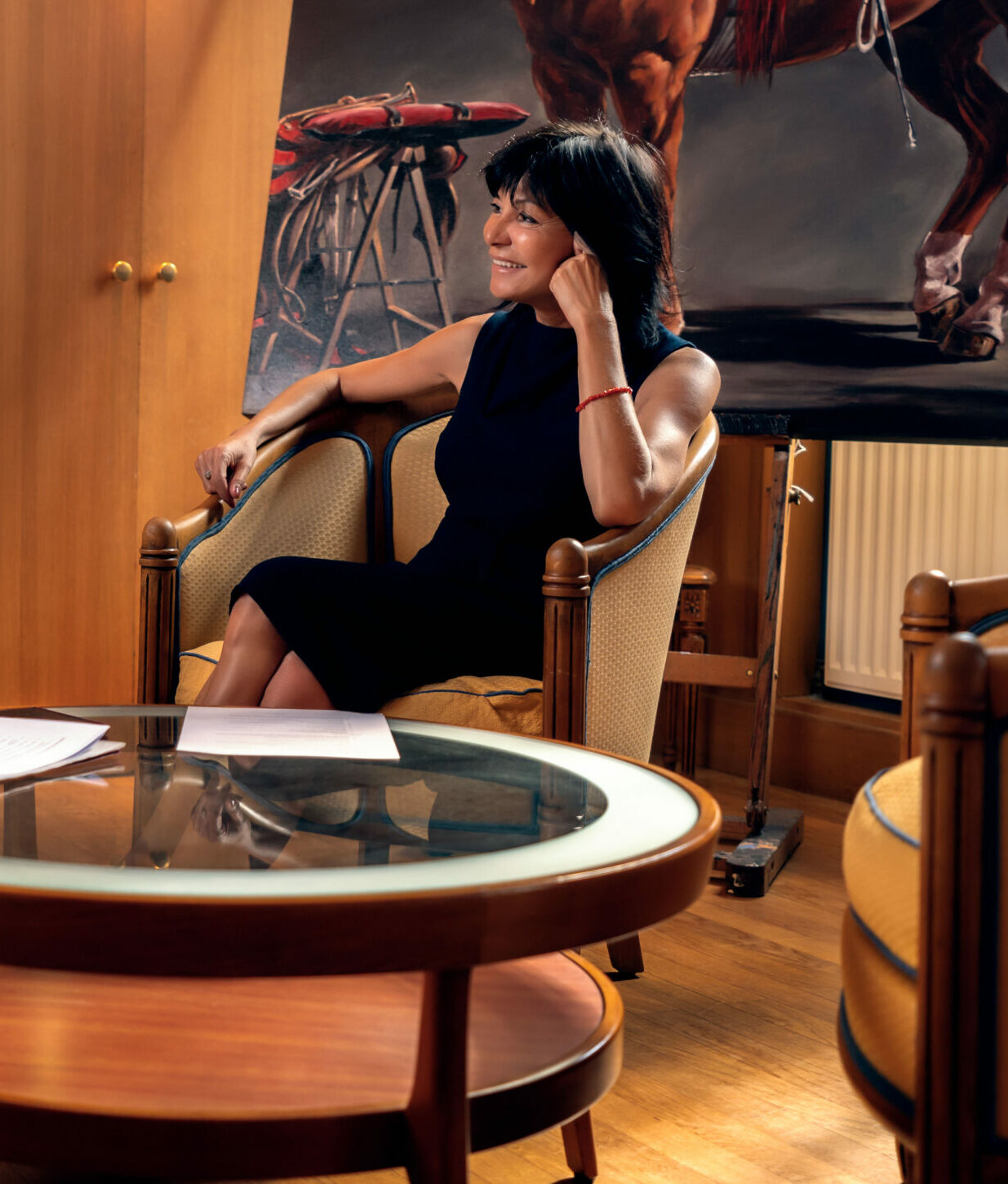
Aerospace and Defense Actors
Isabelle Tisserand: Making Intelligence Smarter

